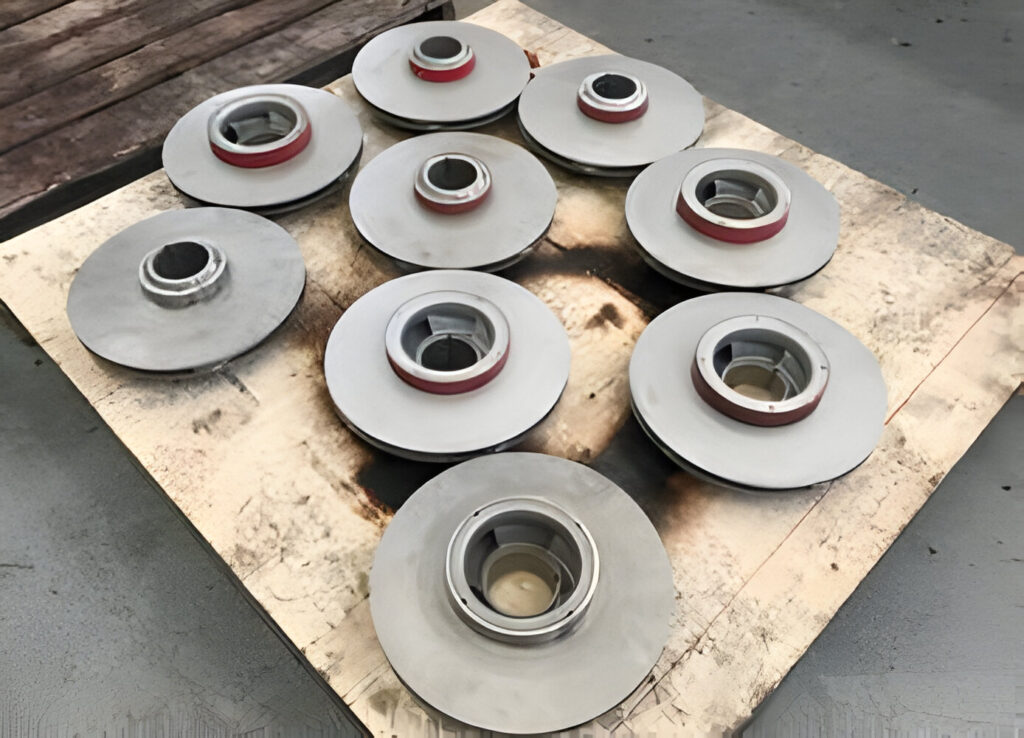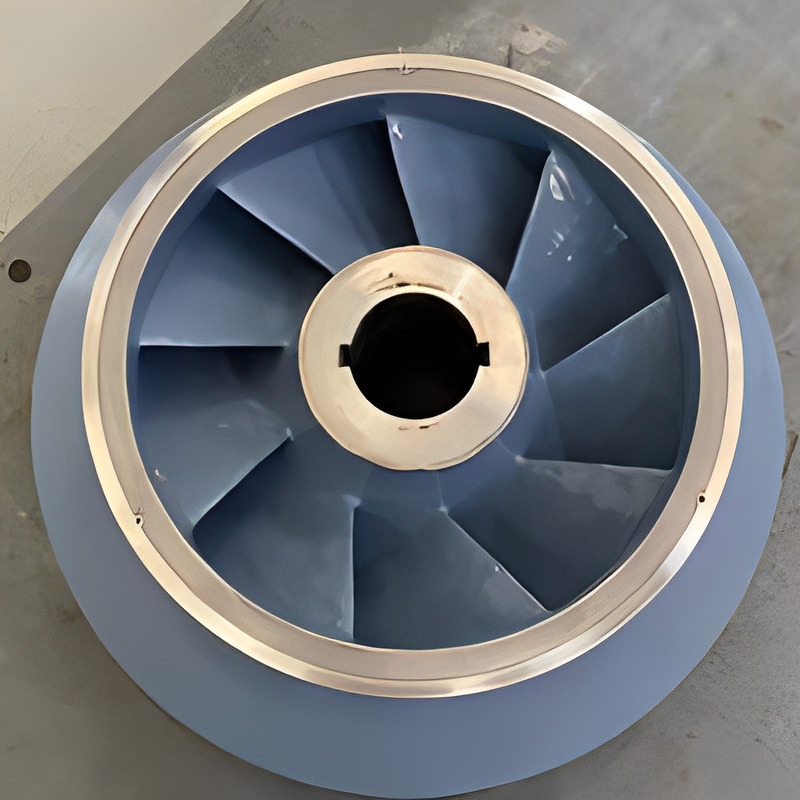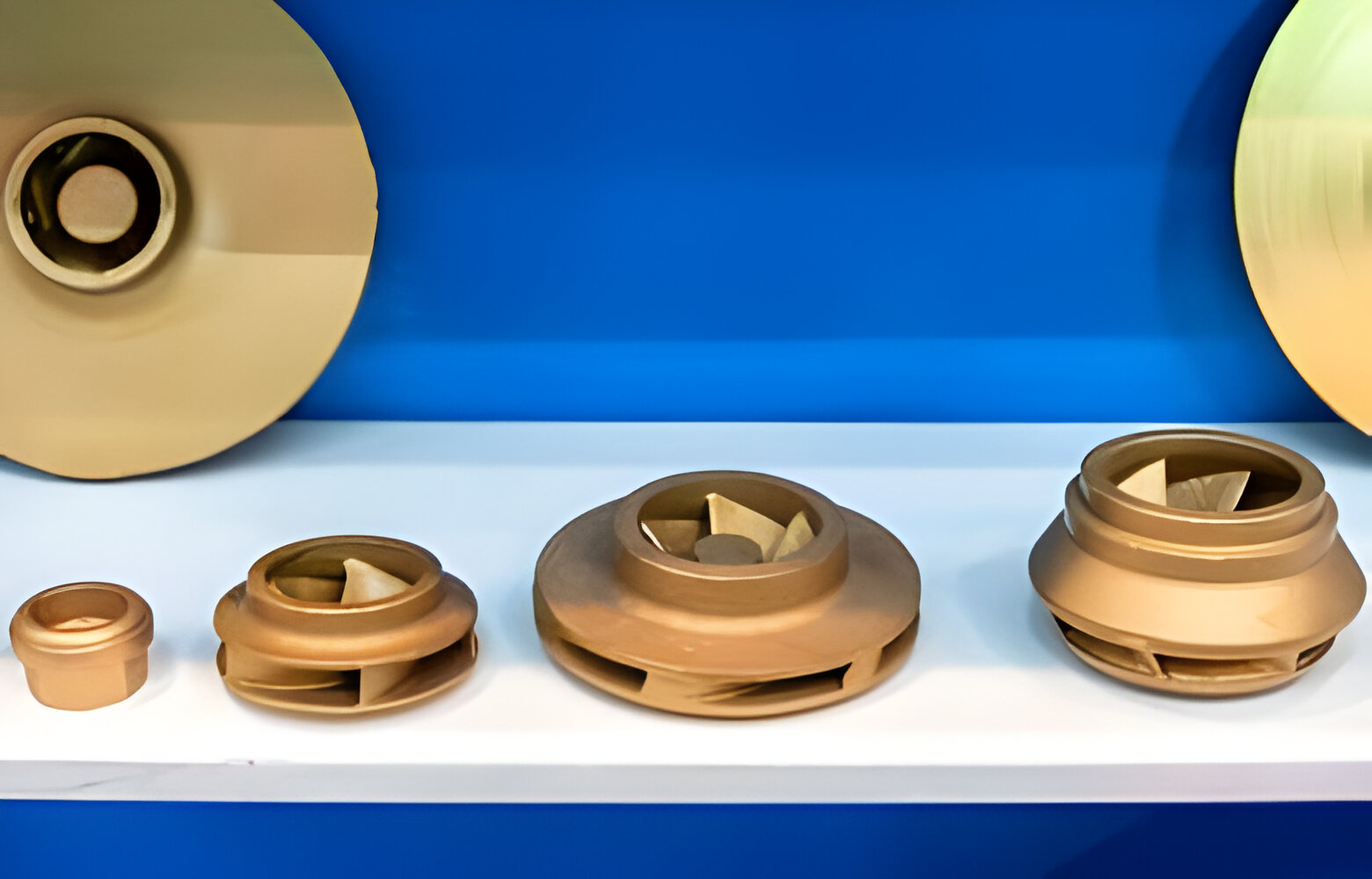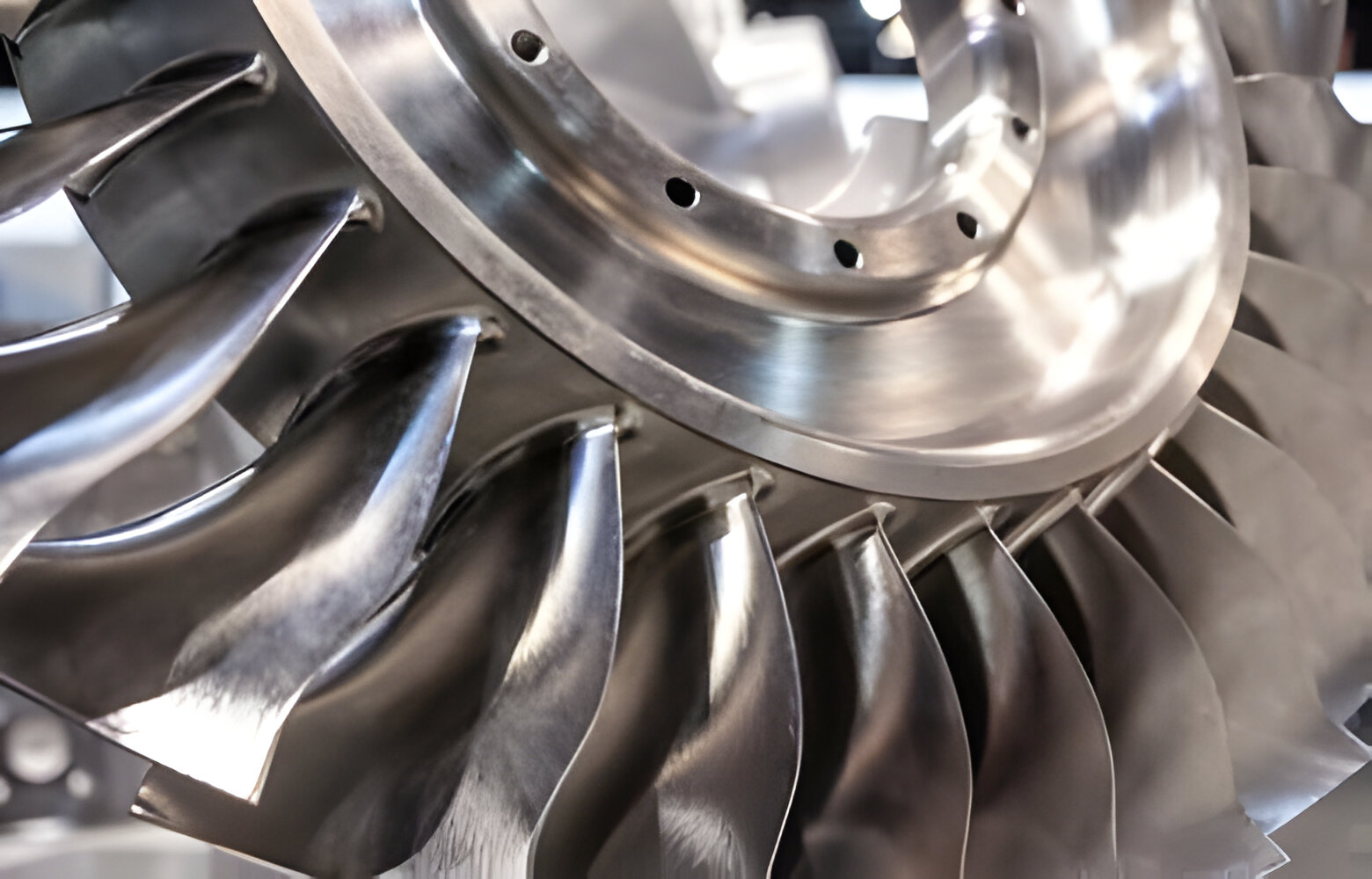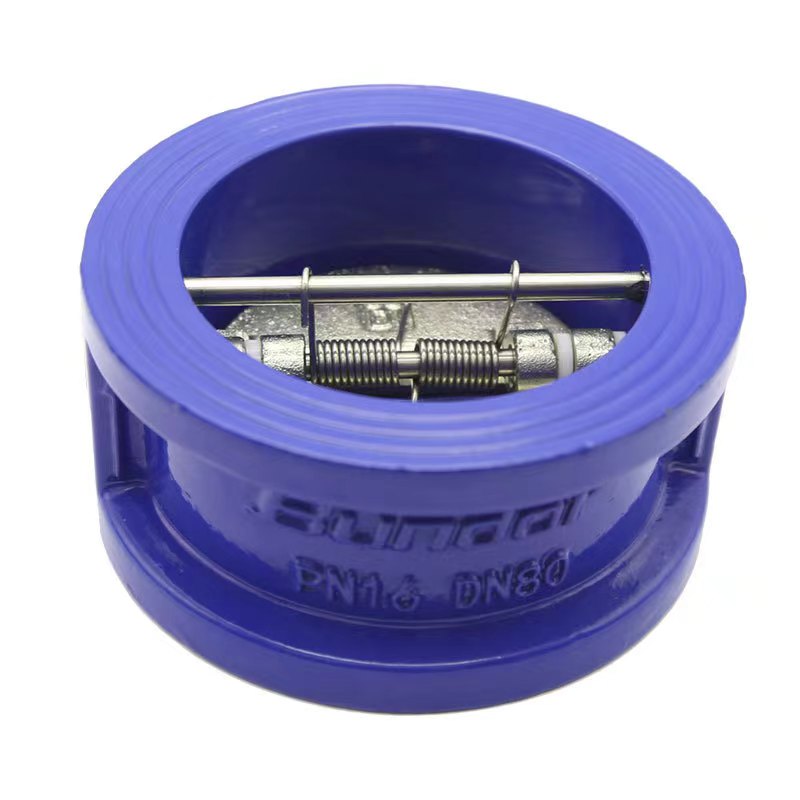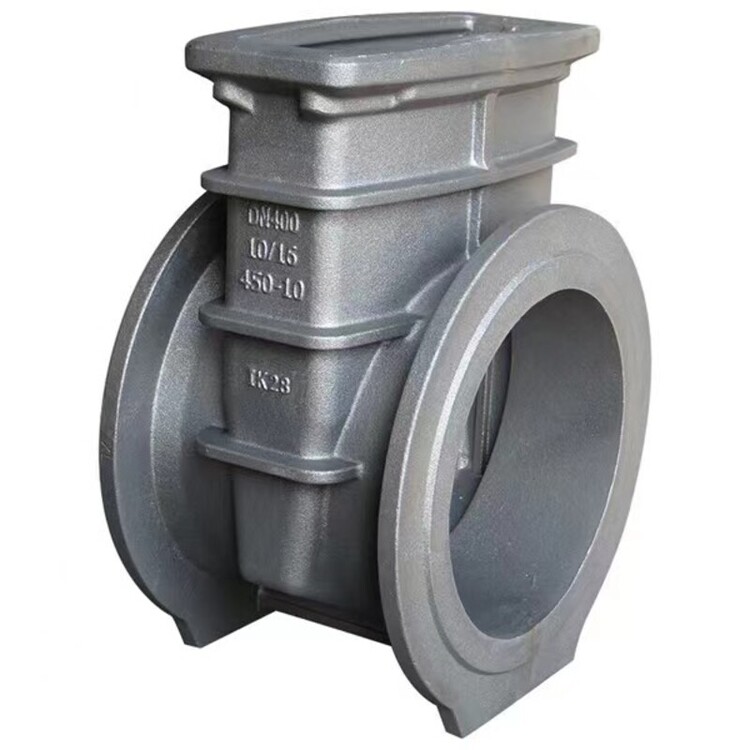In the realm of pump manufacturing, the intricate design and production of impellers play a crucial role in determining efficiency, performance, and longevity. Among the various methods employed in producing impellers, casting emerges as a preferred choice for its ability to create complex geometries and ensure material integrity. Within the casting spectrum, investment casting and sand casting stand out as prominent techniques, catering to diverse applications such as fuel pumps, centrifugal pumps, and water pumps. Let's delve into the realm of impeller casting, exploring its processes, benefits, and applications.
Investment Casting Impellers: Precision Engineering for Optimal Performance
Investment casting, also known as lost-wax casting, epitomizes precision engineering in impeller production. This method involves creating a wax pattern of the impeller, coating it with a refractory material, and then melting the wax to leave behind a hollow mold. Molten metal is then poured into this mold, creating the final impeller shape with exceptional detail and accuracy.
Fuel pump impellers, critical components in automotive and aerospace industries, often undergo investment casting due to their intricate designs and demanding performance requirements. By utilizing investment casting, manufacturers can achieve tight tolerances and superior surface finishes, ensuring optimal fuel delivery and engine efficiency.
Sand Casting Impellers: Versatility Meets Affordability
Sand casting, a more traditional method compared to investment casting, offers versatility and cost-effectiveness in impeller production. In this process, a pattern of the impeller is pressed into a sand mold, which is then filled with molten metal. Once cooled, the sand mold is broken away, revealing the solidified impeller within.
While sand casting may not achieve the same level of precision as investment casting, it remains a preferred choice for larger impellers used in applications such as pool pumps, boat water pumps, and industrial machinery. Its ability to handle various metals including stainless steel, bronze, and cast iron makes sand casting a versatile solution for diverse impeller requirements.
Stainless Steel Impeller Casting: Durability and Corrosion Resistance
Stainless steel emerges as a favored material for impeller casting, particularly in applications where durability and corrosion resistance are paramount. Manufacturers specializing in stainless steel castings leverage both investment and sand casting techniques to produce impellers capable of withstanding harsh environments and prolonged use.
Stainless steel impellers find extensive use in water pumps, where they ensure reliable water circulation in residential, commercial, and industrial settings. The corrosion-resistant properties of stainless steel make these impellers ideal for handling various fluids, including freshwater, chemicals, and wastewater, without compromising performance or safety.
Optimizing Pump Performance: The Role of Impeller Design
Impeller design plays a pivotal role in determining pump performance and efficiency. By understanding the fluid dynamics and operating conditions, engineers can tailor impeller geometries to maximize flow rates, minimize energy consumption, and reduce cavitation risks.
Different impeller types, such as closed, semi-open, and open, offer distinct advantages depending on the application requirements. Closed impellers, for instance, excel in high-pressure applications where maintaining efficiency is critical, while open impellers are preferred for handling solids and viscous fluids with ease.
Ensuring Quality and Reliability: Impeller Casting Process and Inspection
Regardless of the casting method employed, stringent quality control measures are essential to ensure the integrity and performance of impellers. Manufacturers adhere to rigorous casting standards and employ non-destructive testing techniques such as X-ray inspection, ultrasonic testing, and dye penetrant testing to detect any defects or inconsistencies.
By meticulously inspecting each impeller throughout the casting process, manufacturers can identify and rectify any issues before they compromise product quality. This commitment to quality assurance not only enhances reliability but also instills confidence in customers seeking durable and efficient pump solutions.

